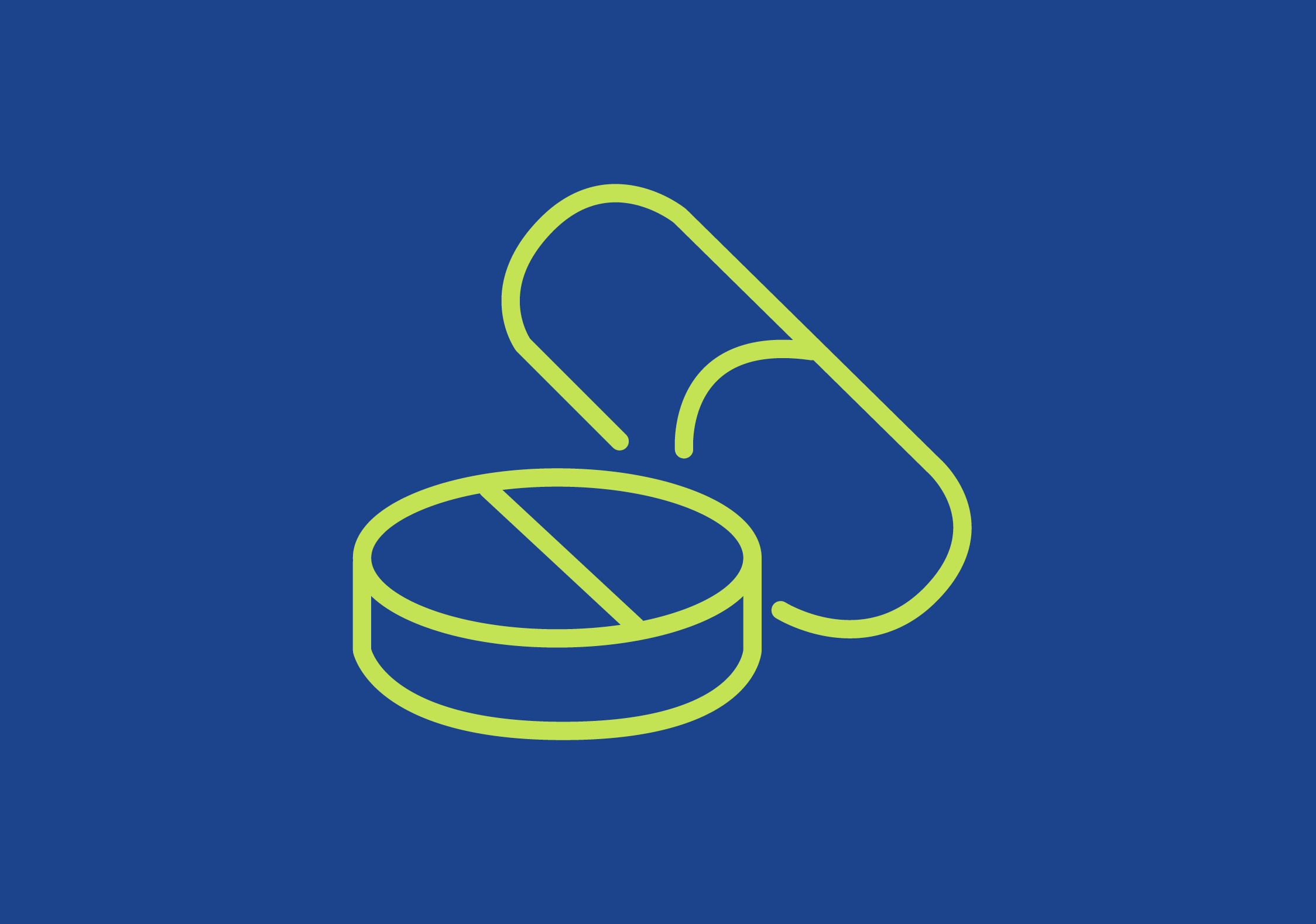Tardive Dyskinesia vs Other Drug-Induced Movement Disorders
Nearly five million patients in the United States are currently treated with antipsychotics, and a significant associated side effect is Dopamine-Receptor Blocking Agent (DRBA)–induced movement disorders.
Among these disorders is Tardive dyskinesia (TD), a specific type of DRBA, and it’s important for clinicians to differentiate TD from other drug-induced movement disorders as they may have different underlying causes, clinical presentations, and treatment approaches.
Tardive Dyskinesia: A neurological disorder characterized by involuntary, repetitive movements of the face, tongue, lips, and/or other parts of the body. Movements in TD are often slow, rhythmic, and may include facial grimacing, tongue protrusion, lip smacking, blinking, or jerking movements of the limbs. TD typically develops after prolonged use of a causative medication, and symptoms may persist even after discontinuing use.
Other types of DRBAs include:
Acute Dystonia: A type of drug-induced movement disorder characterized by sudden and sustained muscle contractions or spasms. Symptoms include muscle stiffness, abnormal postures (eg, torticollis — neck twisting), and difficulty in speaking or swallowing.
Parkinsonism: Resembles Parkinson’s disease, characterized by rigidity, bradykinesia (slowness of movement), resting tremor, and postural instability.
Akathisia: Characterized by an intense feeling of restlessness leading to a compelling urge to move. Patients with akathisia may have difficulty sitting still and maypace, cross and uncross their legs, or shift their weight while standing.
It’s crucial to monitor patients on these medications for any signs of movement disorders, as early identification and intervention can help minimize potential long-term consequences. If any of these drug-induced movement disorders are suspected, it’s important to consult a healthcare professional for proper evaluation and management. Treatment approaches may involve adjusting the medication regimen or prescribing medications to counteract the movement disorder symptoms.
